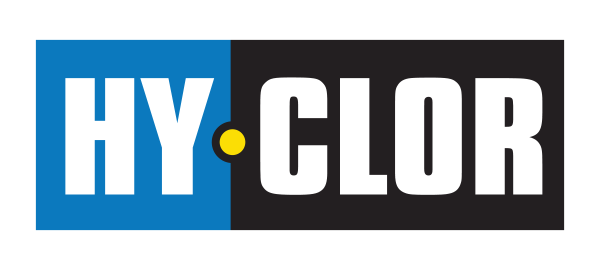Swimming pools are a great source of entertainment, exercise, and relaxation. However, owning a pool comes with certain costs.
One of the essential aspects of pool maintenance is ensuring your pool water is chemically balanced and safe for swimming. Achieving this requires using various pool chemicals, such as chlorine, pH balancers, algaecides, and clarifiers.
Are you a pool owner wondering how much do pool chemicals cost per month? Let’s find out what factors will affect your monthly chemical costs, a general estimate of these costs, and what it costs to purchase pool chemicals for the first time.
What Factors Will Affect My Monthly Chemical Costs?
The cost of pool chemicals per month varies depending on factors like the specific chemicals needed, your pool size, and how frequently your pool is used.
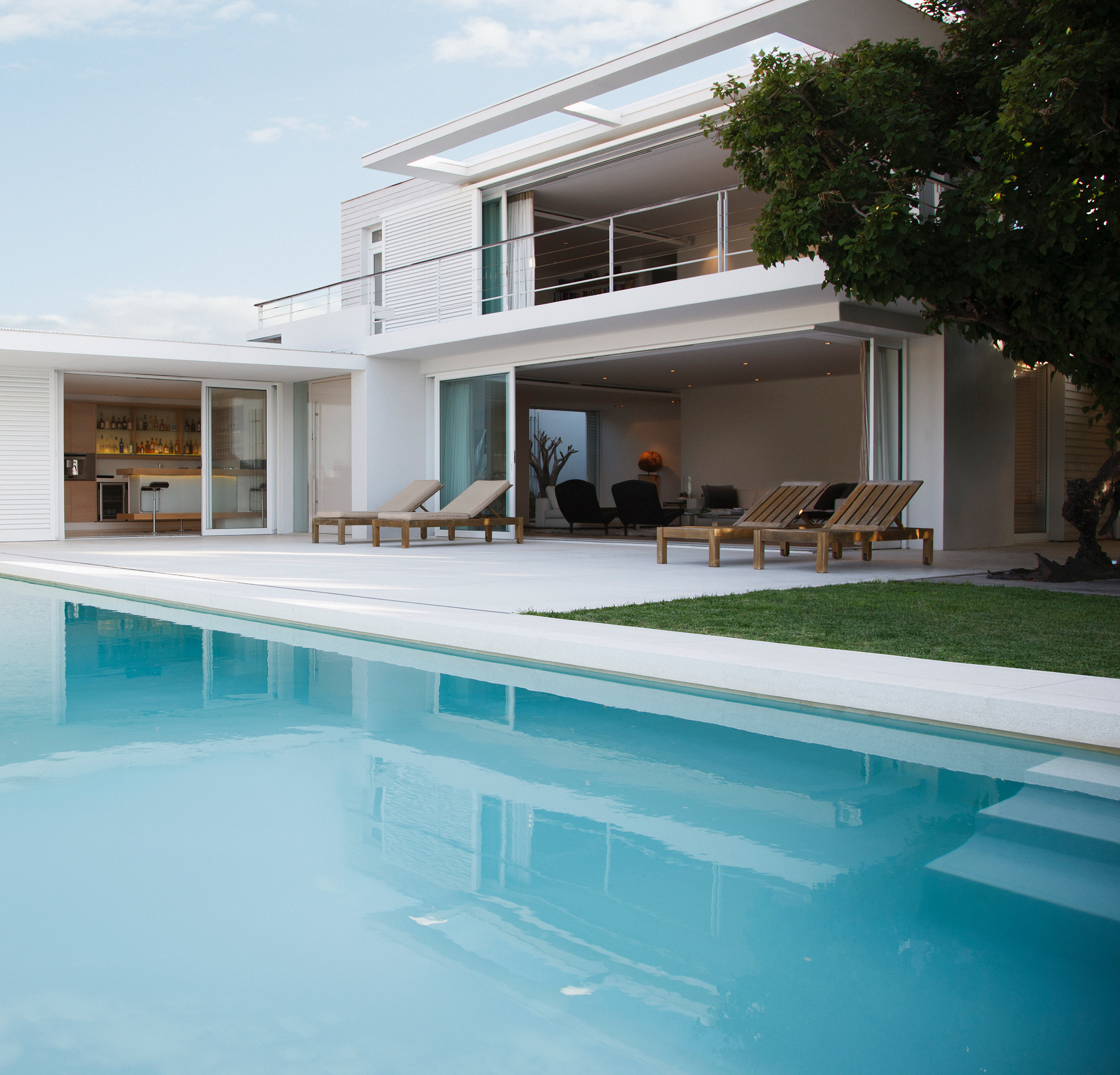
Chlorine Pool
You must regularly add chlorine to your pool to sanitise the water from harmful bacteria. In addition to chlorine, you need other chemicals such as pH balancers, algaecides, and clarifiers to maintain proper water chemistry balance. These chemicals, in addition to regular chlorine, contribute to monthly chemical costs.
Another factor that affects chemical costs is the weather. During hot and humid weather, the water in your pool evaporates more quickly, leading to a higher concentration of chemicals in the remaining water.
Rain has the effect of diluting your pool chemicals and high UV levels break down chlorine. All of which may require the addition of certain chemicals to maintain the correct levels.
You may also need to add extra chemicals if you use your pool for parties or events to handle the higher swimmer load.
Finally, the specific chemicals you use can affect the monthly cost, as some are more expensive than others.
Saltwater Pool
A saltwater pool can affect your monthly pool chemical costs differently from a traditional chlorine pool. Saltwater pools use a salt cell to generate chlorine, reducing the need to add large amounts of chlorine to your pool.
However, saltwater pools still require pH balancers, algaecides, and clarifiers to maintain proper water chemistry. All these chemicals contribute to monthly chemical costs.
If your salt cell is dirty or worn out, it may not produce enough chlorine, leading to higher chemical costs to maintain the correct levels. Generally, a salt cell can last three to seven years before needing replacement.
It’s essential to monitor your pool’s chemical levels regularly and adjust accordingly to keep your pool safe and enjoyable. This may incur extra but necessary chemical costs.

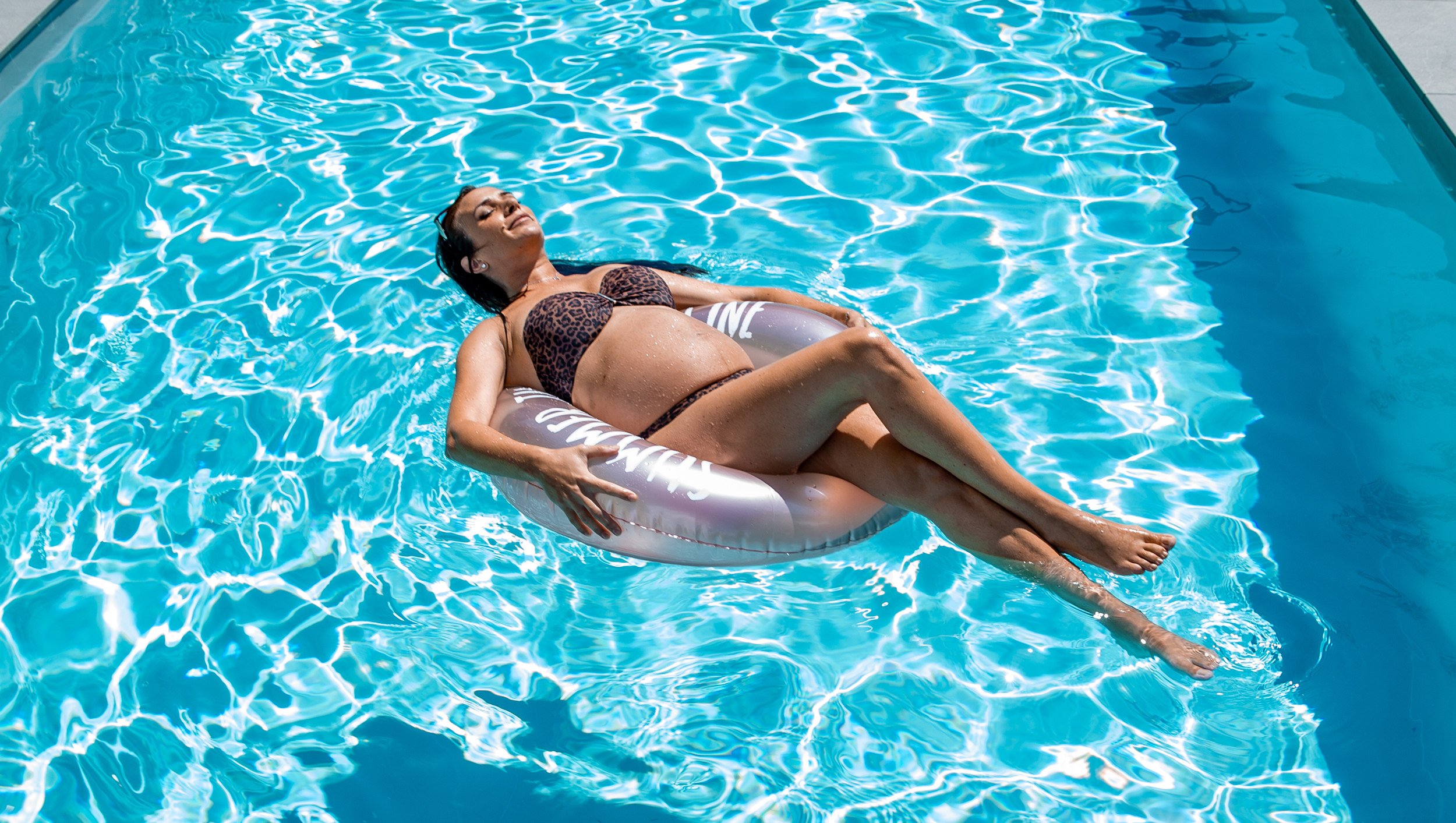
Size of Pool
The size of your pool significantly affects your monthly chemical costs.
A larger chlorine pool requires a higher dose of chemicals to achieve optimal chemistry balance in the larger volume of water.
Since saltwater pools use a salt cell to generate chlorine, a larger pool will need more salt to maintain the correct salinity levels. This higher dosage will require you to purchase more pool salt.
Regardless of whether you have a chlorine or saltwater pool, it’s essential to determine the appropriate chemical dosage based on your pool’s size to help you calculate your monthly chemical costs.
Chemical/Mineral Levels in Your Local Water
Your local water’s chemical and mineral levels can significantly affect your monthly swimming pool maintenance costs for chemicals.
If your local water has a high concentration of minerals, such as calcium and magnesium, it can cause scaling on your pool surfaces and equipment. Scaling can make it more challenging to maintain proper chemical levels, resulting in the need for additional chemicals, such as pH balancers and scale inhibitors. These extra chemicals will increase your monthly chemical costs.
A high concentration of dissolved solids in your local water can also make it harder to maintain the correct chemical balance in your pool. To keep your pool water clean, you’ll need to add more chemicals, such as algaecides and clarifiers.
In chlorine pools, high levels of minerals and dissolved solids can particularly affect the effectiveness of chlorine. If this is the case, you may need higher doses of chlorine.
In saltwater pools, high levels of minerals can affect the performance of the salt cell, leading to lower chlorine production and the need for extra chemicals to balance the water chemistry. Additional chemicals equal additional monthly costs!
Follow these steps to test the chemicals and minerals in your local water.
- Collect a water sample from your pool and test it using Hy-Clor’s AquaChek Test Strips.
- Follow the instructions of the test kit to measure chlorine levels, pH, alkalinity, and other chemicals in your pool water.
- Check with a pool maintenance professional at Hy-Clor or refer to a pool care guide to determine the recommended levels for your pool and compare your test results to these levels.
- Adjust your chemical usage and dosages according to these results and recommendations.
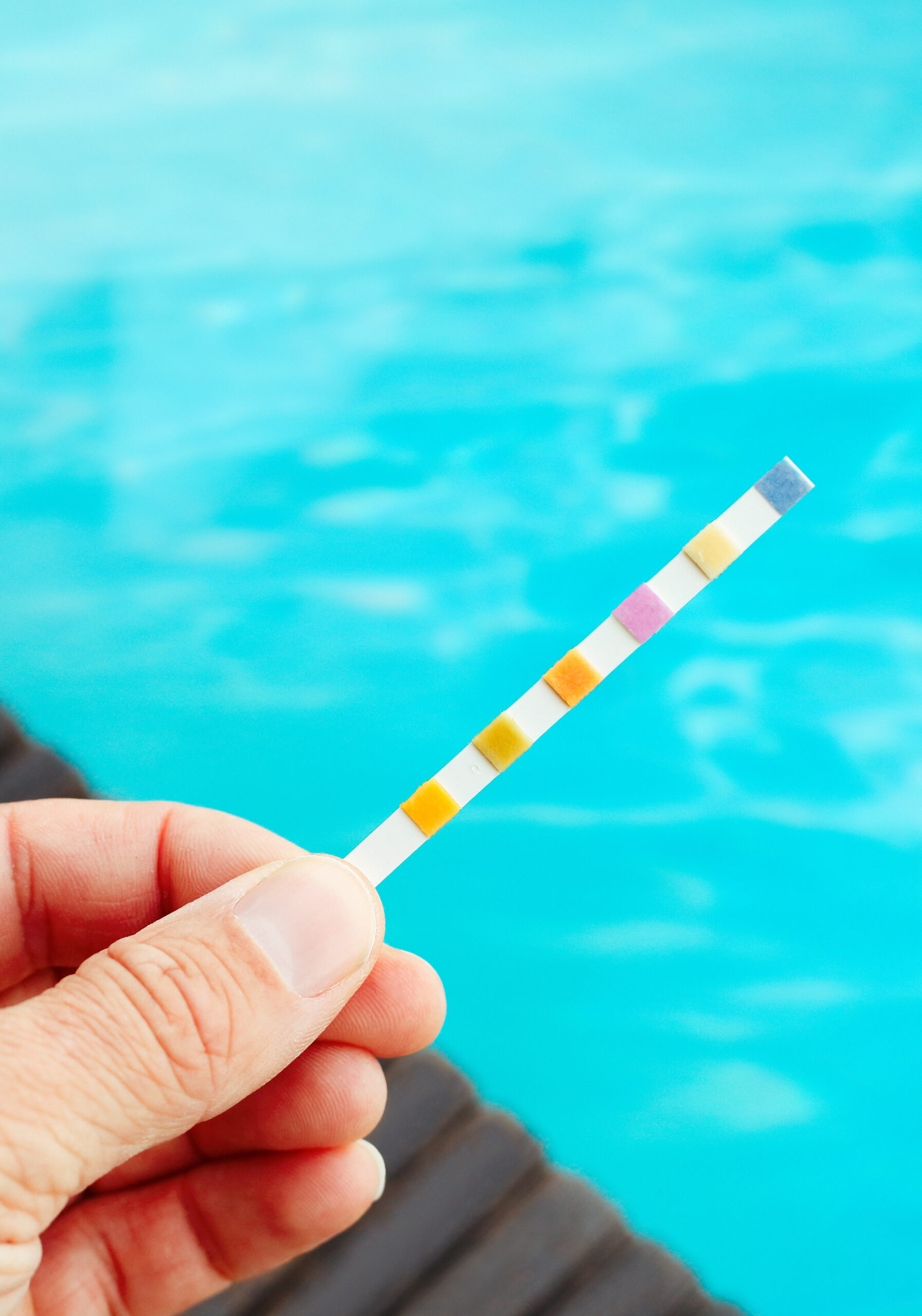
What Do Chemicals Cost per Month for the Average Pool?
The following estimates can be used as a guide to help you budget for your monthly chemical pool maintenance costs. These generalised estimates are calculated based on the size of your pool.
It’s a good idea to consult with the experts here at Hy-Clor for a more accurate estimate based on your pool’s particular needs.
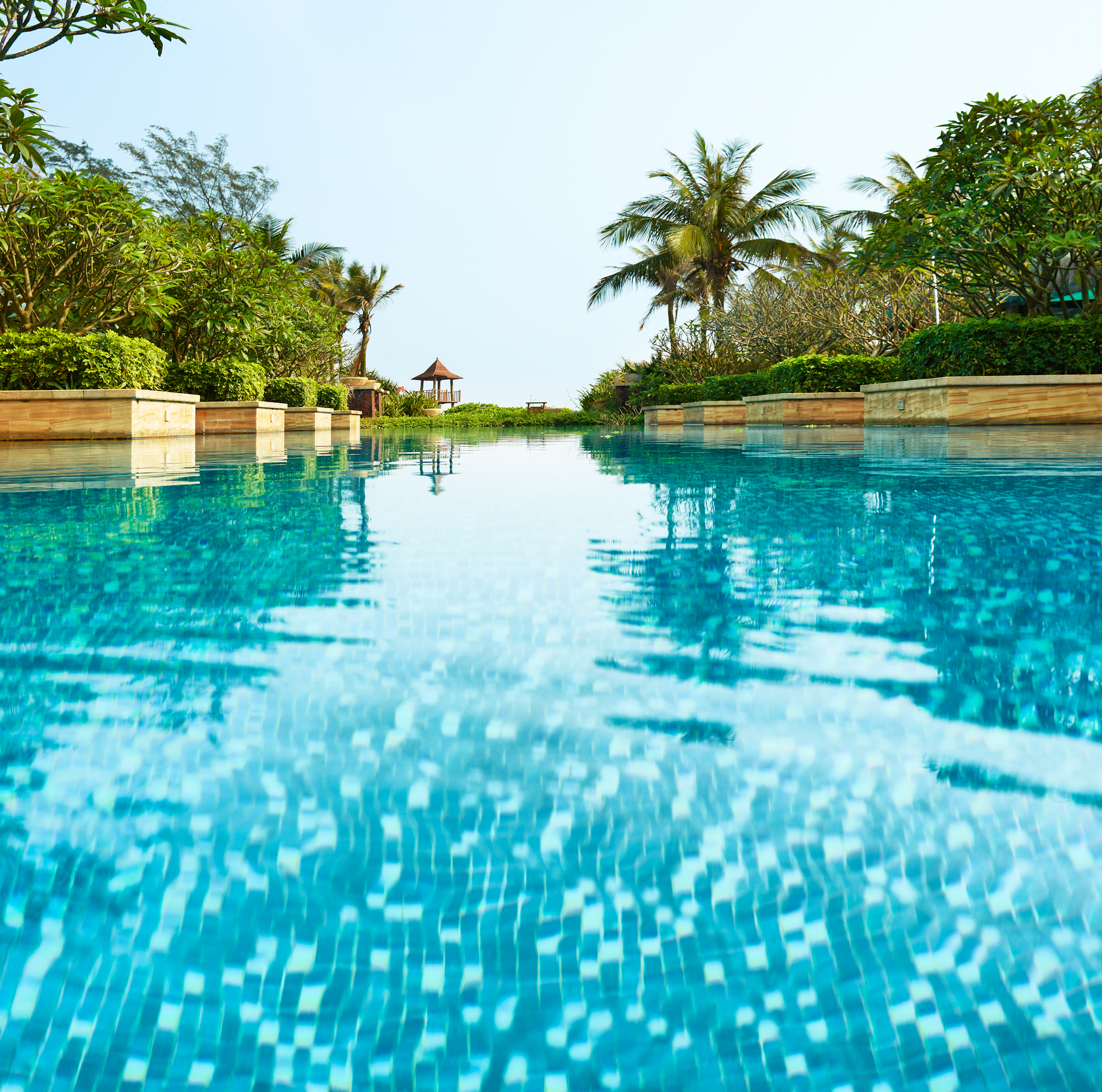
What Are the Estimated Chemical Costs of a 20,000 Litre Pool?
A 4.6 metre round above-ground pool holds approximately 22,000 litres of water. The estimated cost of pool chemicals for a 22 000 litre pool is around $180 per year.
Remember that the exact cost of pool chemicals will vary depending on factors such as local water quality, weather conditions, and pool usage, as discussed in this article.
What Are the Estimated Chemical Costs of a 45,000 Litre Pool?
A 3.7 by 7.3 metre in-ground pool holds approximately 45,000 liters of water. Research suggests the average chemical pool maintenance cost per year in Australia for a 45,000 litre pool is $250.
What Are the Estimated Chemical Costs of a 110,000 Litre Pool?
An 5.5 by 11 metre in-ground pool holds approximately 110,000 litres of water.
The estimated cost of chemicals for a 110,000 lire pool is around $500 per year.
It’s important to keep in mind that a larger pool will require more chemicals to maintain proper chemical balance. So the cost of pool chemicals for a 110,000 litre pool could total higher than $500 per year, depending on your specific pool.
What Does It Cost To Acquire the Chemicals for the First Time
We recommend purchasing these Hy-Clor pool chemicals for your pool to ensure it’s crystal clear and safe for your family to swim in.
We’ve listed them with their price ranges to help give you an idea of the cost of acquiring these chemicals for the first time.
- Algaecides prevent and treat the growth of algae in your pool. Hy-Clor’s selection of algaecides ranges from $9.67 to $63.72.
- Balancer chemicals adjust your pool’s pH, alkalinity, and calcium hardness levels to ensure they’re within the ideal range for healthy and effective pool operation. Hy-Clor’s balancer chemicals range from $14.16 to $26.00.
- Chlorine sanitises pool water by killing harmful bacteria, viruses, and other microorganisms that can cause illness or infection. We have chlorine in granular, liquid and tablet form. Our 10kg granular chlorine ranges from $64.00 to $90.94.2kg and 4kg sizes are also available.
- Hy-Clor chlorine liquids $14.82 for 15L (drum exchange included).
- Hy-Clor chlorine tablets range from $19.97 to $64.75.
- Clarifiers gather tiny particles and debris floating in pool water and clump them together, making it easier for the pool filter to remove them for sparkling clear water. Hy-Clor’s clarifiers range from $12.49 to $37.75. Correct > $12.49 > $37.75
Pool salt is placed directly into the pool where it dissolves to form a saline solution and is converted to chlorine by a chlorinator. Pool salt prices range from $10-$20 per 20kg bag.
Talk to a Pro About Getting the Right Chemicals for the Best Cost
Maintaining your pool requires regular chemical treatment to ensure the water remains clear and free of harmful bacteria. Pool maintenance costs, including chemicals, vary depending on the chemicals needed, your pool size, and how frequently your pool is used.
Are you shopping for pool chemicals and wondering how much do pool chemicals cost per month? Talk to the pool maintenance professionals at Hy-Clor. We’ll provide expert advice and help you select the right chemicals to maintain your pool at the best cost.
Don’t hesitate to contact us today via our online form. Alternatively, please visit your nearest Bunnings Warehouse for our full range of high-quality products.



